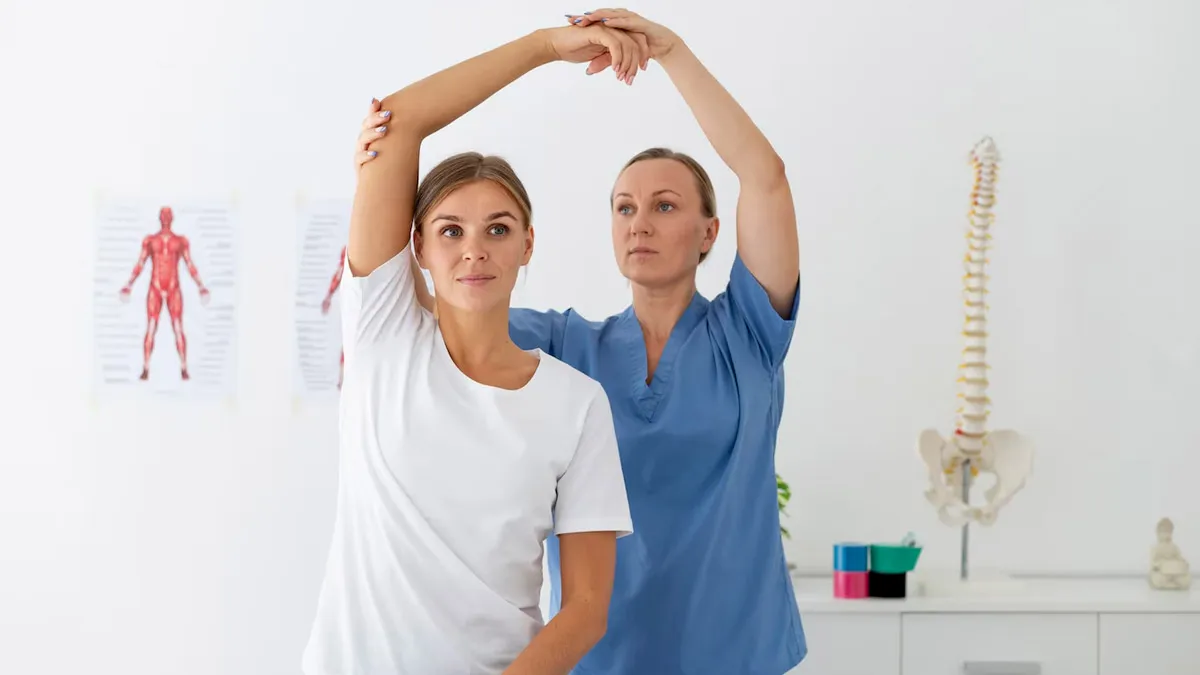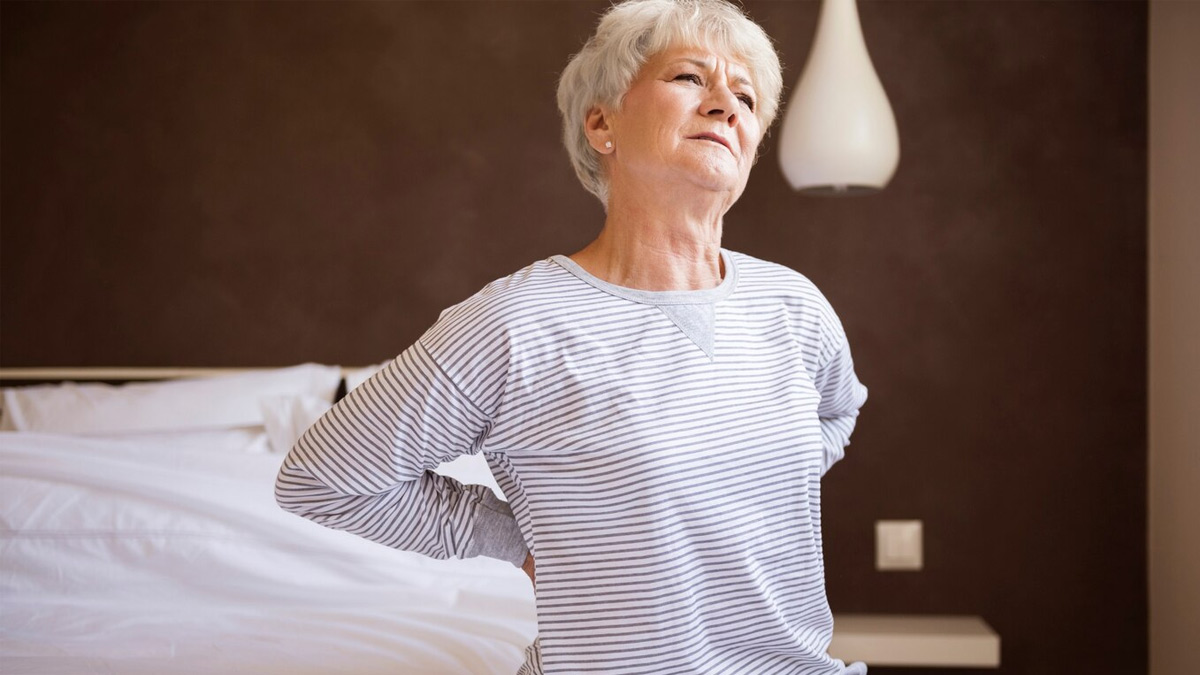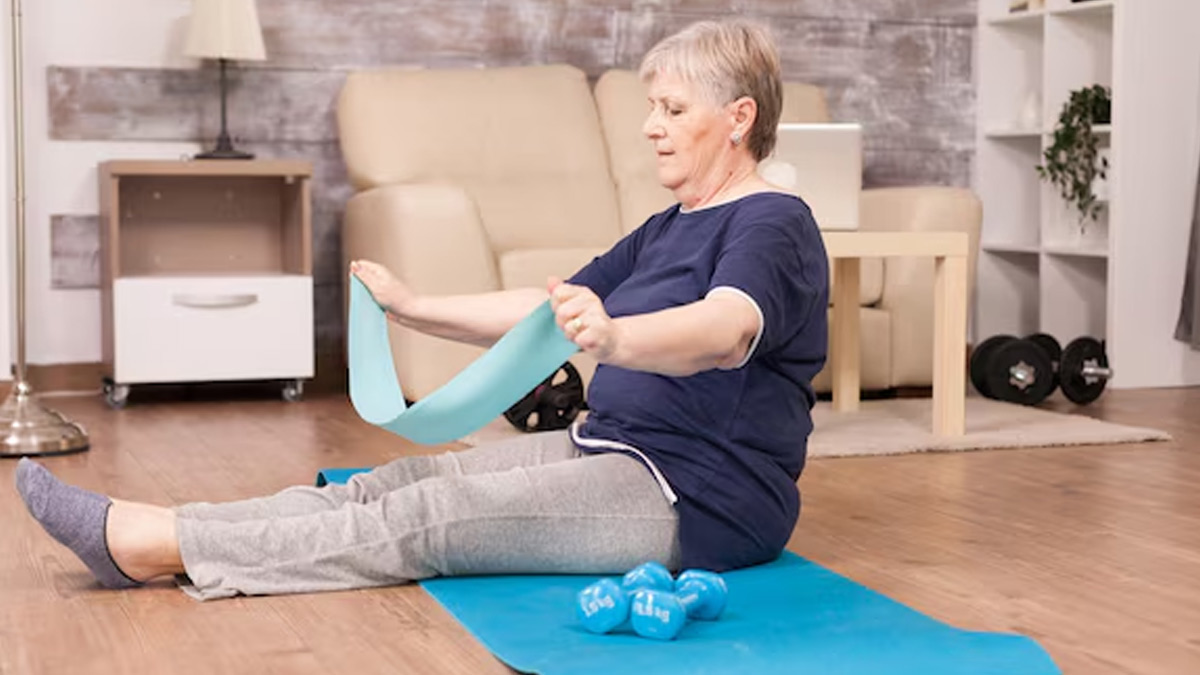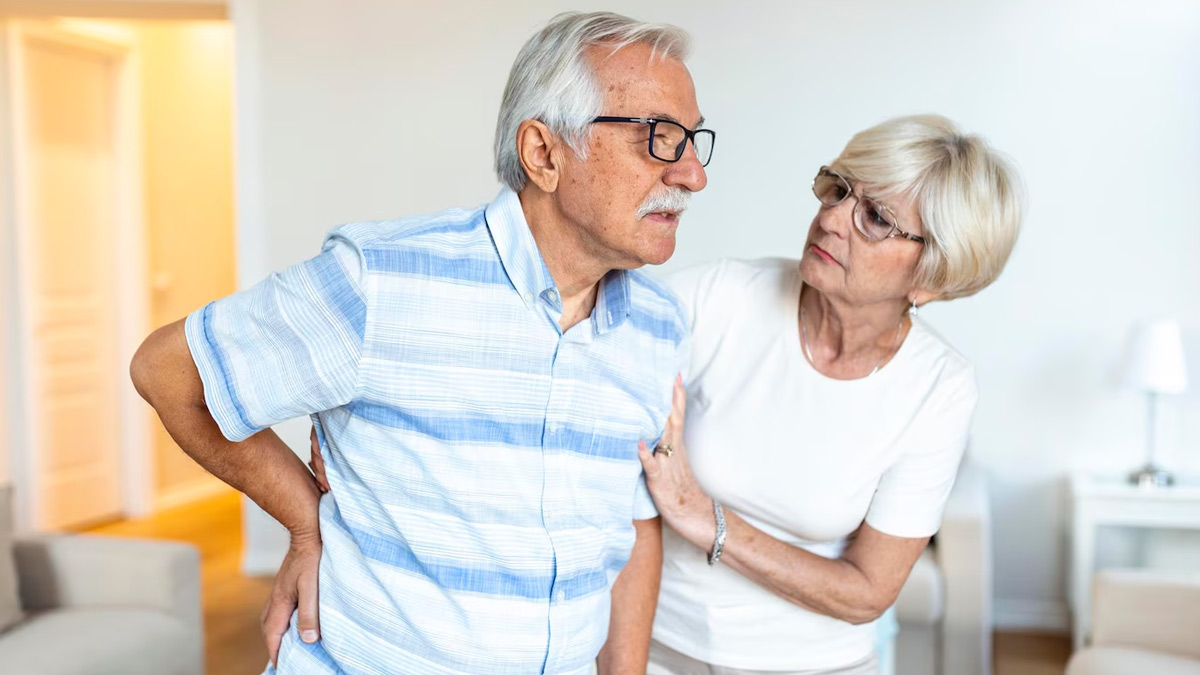
If you’re young and think it’s too early to start taking care of your health and fitness, think again. With more and more youngsters becoming prone to lifestyle-related illnesses, prioritising your well-being has never been more important. In fact, starting early is like investing in a healthier future. Take osteoporosis, for example, a condition where bones become weak and prone to fractures, typically seen in older adults. However, with the right lifestyle changes made early on, you can significantly lower your risk later in life. Dr Anoop Dhamangaonkar, Consultant - Orthopaedics, Jaslok Hospital & Research Centre, Mumbai, highlights the importance of early intervention in reducing the risk of osteoporosis and shares five essential tips.
Table of Content:-
Osteoporosis Is More Common In Older Adults

While anyone can develop osteoporosis, it is more common in older adults. According to the World Health Organization (WHO), people aged 50 and above are more at risk of developing the condition. Moreover, women, particularly menopausal women, are at greater risk.
A study published in the journal Cureus shows that many Indian women going through menopause are at higher risk of developing osteoporosis, attributed to declining oestrogen levels. This makes them more prone to serious fractures, especially in the hips and spine. The study highlights the importance of starting early with simple habits like regular exercise, a balanced diet, and taking calcium and vitamin D. It also urges women to avoid smoking and limit alcohol.
Steps You Can Take Now To Prevent Osteoporosis Later

According to Dr Dhamangaonkar, the five most important lifestyle tips for building and maintaining strong bone density are:
Diet
A home-cooked diet that increases non-processed food stuffs and a calcium-rich diet like dairy products, leafy vegetables, tofu, almonds, and cereals is advisable for good bone health.
Vitamin D levels
Most vegetarians and people working indoors are deficient in vitamin D3. It is one of the most important vitamins controlling calcium absorption. We recommend 30 minutes of early morning sunlight exposure and a diet rich in fatty fish (salmon, mackerel), egg yolk, plant milk, or dairy products. It is recommended to take recourse to oral vitamin D3 supplements if diet alone is ineffective.
Don’t be a couch potato
Our lifestyle is getting more and more sedentary at work, while travelling, and even during recreational activities. We hardly ever see kids playing outside. Regular weight-bearing exercises are strongly encouraged from an early age. Conscious effort needs to be taken to break the sedentary monotony, especially at our offices.
Don’t get addicted to alcohol and smoking
Literature has been replete with facts that smoking reduces bone mass and delays healing of fractures too. Too much alcohol also affects the calcium metabolism, leading to osteoporosis.
Maintain a healthy body weight
We are on our way to being the world obesity capital. Increased Body Mass Index (BMI) causes increased risk of stress fractures, bone resorption, a more sedentary lifestyle, and increased processed food intake without a calorie deficit.
Also Read: Osteoporosis In Women: Could Thyroid Treatment Be to Blame?
Types Of Exercises To Start Doing
Dr Dhamangaonkar recommends doing weight-bearing exercises, as they can help maintain healthy bone mass. According to the National Institute of Arthritis and Musculoskeletal and Skin Diseases, weight-bearing exercises play a crucial role in strengthening bones by forcing them to work harder. Activities like brisk walking, jogging, running, stair climbing, dancing, and racket sports such as tennis or badminton help maintain bone density.
Additionally, balance training is especially important for older adults to reduce the risk of falls. Simple movements like step-ups, lunges, tai chi, walking on unstable surfaces, or shifting body weight while standing can significantly improve stability and coordination.
Vitamins And Minerals That Support Bone Health

If you wish to strengthen your bones and reduce the risk of bone diseases like osteoporosis later, it is crucial to also pay attention to your nutrient intake. Some of the crucial vitamins and minerals include:
Vitamin K2
It helps in bone mineralisation and supports proteins (like osteocalcin) that bind calcium to bone. Sources rich in vitamin K are leafy greens (spinach, broccoli), Brussels sprouts, and fermented foods.
Vitamin C
It is essential for collagen formation. It is the important organic element of the bone, whereas calcium is the non-organic mineral component of the same. Rich sources of vitamin C are citrus fruits, bell peppers, strawberries, kiwi, and tomatoes.
Vitamin A
We know that it is important for good eyesight. It also supports bone remodelling and development. However, a deficiency and an excess level of vitamin A can adversely affect bone health. Therefore, caution must be used during supplementation. Foods rich in vitamin A are carrots, sweet potatoes, liver, and dark green vegetables (in beta-carotene form).
Magnesium
It works synergistically with calcium and vitamin D in bone formation. About 60% of body magnesium is stored in bones. Sources rich in magnesium are nuts, seeds, whole grains, legumes, avocados, and leafy greens.
Zinc
It supports bone-building cells and aids in collagen synthesis and mineralisation of bone. Zinc-rich sources are meat, seafood (especially oysters), legumes, pumpkin seeds, and whole grains.
Bottomline
Osteoporosis may seem like a condition to worry about later in life, but the choices we make today directly impact our bone health in the future. Sedentary habits, whether it’s sitting for long hours at work, travelling door-to-door by car, or spending leisure time on online gaming, OTT binge-watching, or arcade games, have become the norm. Add to that the easy availability of processed food delivered at our doorstep and rising smoking and drinking habits, and we’re staring at a growing osteoporosis epidemic. According to Dr Dhamangaonkar, this is a wake-up call for the youth today to take charge of their health now.
Also watch this video
How we keep this article up to date:
We work with experts and keep a close eye on the latest in health and wellness. Whenever there is a new research or helpful information, we update our articles with accurate and useful advice.
Current Version